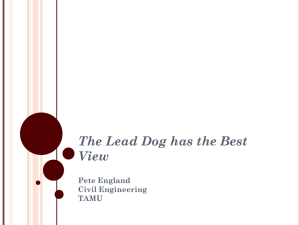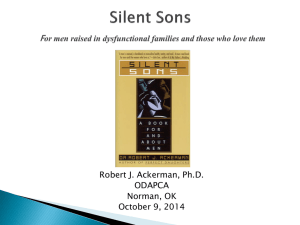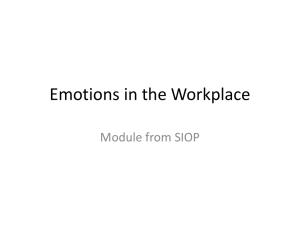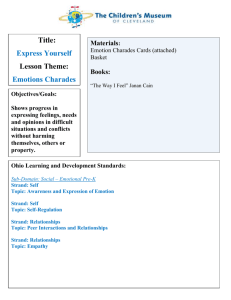Emotions and the Cultural History of War in Finland 1939
advertisement
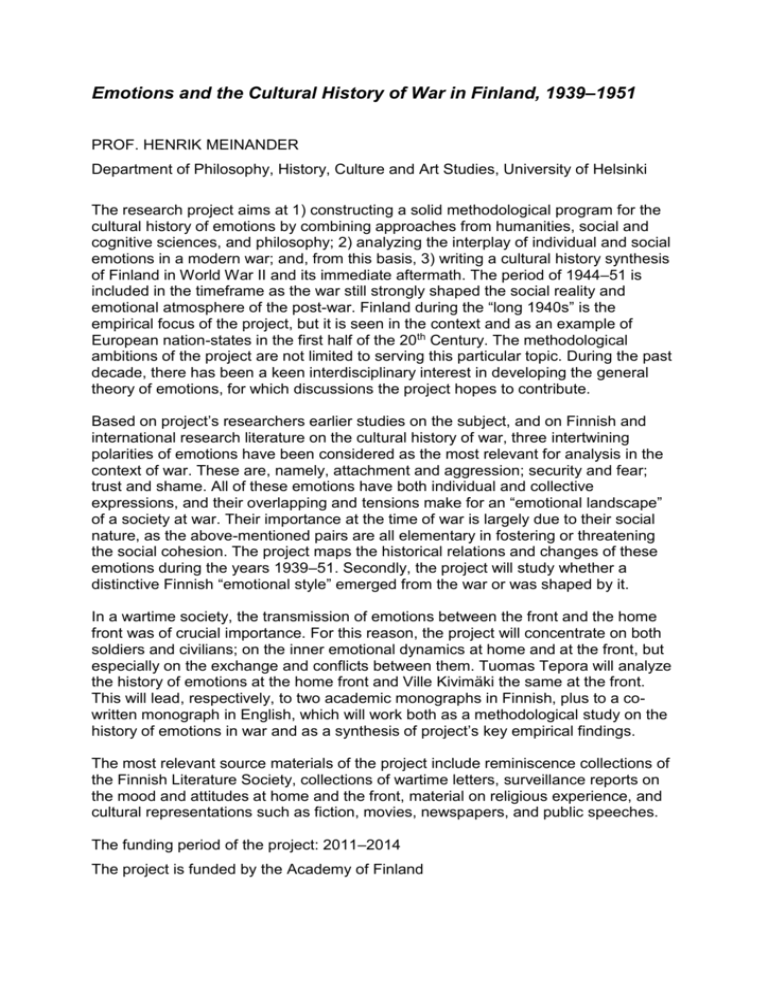
Emotions and the Cultural History of War in Finland, 1939–1951 PROF. HENRIK MEINANDER Department of Philosophy, History, Culture and Art Studies, University of Helsinki The research project aims at 1) constructing a solid methodological program for the cultural history of emotions by combining approaches from humanities, social and cognitive sciences, and philosophy; 2) analyzing the interplay of individual and social emotions in a modern war; and, from this basis, 3) writing a cultural history synthesis of Finland in World War II and its immediate aftermath. The period of 1944–51 is included in the timeframe as the war still strongly shaped the social reality and emotional atmosphere of the post-war. Finland during the “long 1940s” is the empirical focus of the project, but it is seen in the context and as an example of European nation-states in the first half of the 20th Century. The methodological ambitions of the project are not limited to serving this particular topic. During the past decade, there has been a keen interdisciplinary interest in developing the general theory of emotions, for which discussions the project hopes to contribute. Based on project’s researchers earlier studies on the subject, and on Finnish and international research literature on the cultural history of war, three intertwining polarities of emotions have been considered as the most relevant for analysis in the context of war. These are, namely, attachment and aggression; security and fear; trust and shame. All of these emotions have both individual and collective expressions, and their overlapping and tensions make for an “emotional landscape” of a society at war. Their importance at the time of war is largely due to their social nature, as the above-mentioned pairs are all elementary in fostering or threatening the social cohesion. The project maps the historical relations and changes of these emotions during the years 1939–51. Secondly, the project will study whether a distinctive Finnish “emotional style” emerged from the war or was shaped by it. In a wartime society, the transmission of emotions between the front and the home front was of crucial importance. For this reason, the project will concentrate on both soldiers and civilians; on the inner emotional dynamics at home and at the front, but especially on the exchange and conflicts between them. Tuomas Tepora will analyze the history of emotions at the home front and Ville Kivimäki the same at the front. This will lead, respectively, to two academic monographs in Finnish, plus to a cowritten monograph in English, which will work both as a methodological study on the history of emotions in war and as a synthesis of project’s key empirical findings. The most relevant source materials of the project include reminiscence collections of the Finnish Literature Society, collections of wartime letters, surveillance reports on the mood and attitudes at home and the front, material on religious experience, and cultural representations such as fiction, movies, newspapers, and public speeches. The funding period of the project: 2011–2014 The project is funded by the Academy of Finland





